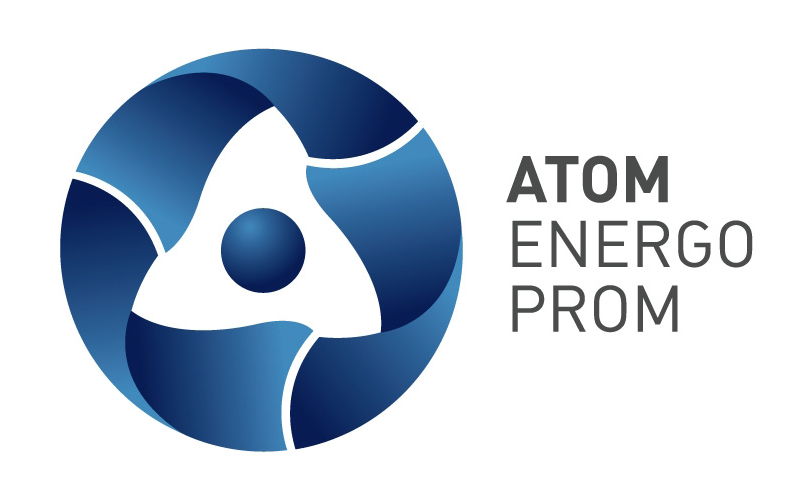Part One of Three Parts
There has been a lot of talk lately about a nuclear renaissance in the past few years. There has been a surge in new construction lately. In the nuclear nations, China and Russia are strongly committed to major domestic nuclear projects while new construction is rare in other nuclear nations. Nuclear technology companies in nuclear nations are seeking to export nuclear technology to developing nations to help them expand their economies. The most aggressive exporters are Russia's Rosatom and France's Areva. One of the big problems for the global nuclear industry these days is that the energy market is much freer these days with a flood of cheap natural gas and the lost of locked in prices for electricity generated by nuclear reactors. Unless nuclear companies have access to state subsidies as in Russia and France, it is difficult to interest investors in new nuclear ventures.
Rosatom is the Russian State Atomic Energy Corporation, the state owned conglomerate of nuclear companies in Russia. Atomenergoprom is part of Rosatom. It was formed in 2007 when more than 80 of the civilian nuclear companies under the Rosatom umbrella were consolidated into a nuclear holding company operating in all segments of the nuclear energy cycle. Atomenergoprom is dedicated to "large-scale development of nuclear energy in Russia and promotion of Russian nuclear technologies on the international markets."
In January, Fitch, the international financial rating agency downgraded the ratings of thirteen of the largest Russian nuclear companies including Atomenergoprom to BBB-. This is the lowest category of investment-grade ratings. Having an investment grade rating means that a company has "adequate capacity for payment of financial commitments that may be impaired by adverse business or economic conditions." The minus sign means that it is possible that a company will have it ratings lowered further in the future. If Atomenergoprom's rating drops below BBB, that would mean that it would be reclassified to a speculative grade rating. A speculative grade rating means that a company with “an elevated vulnerability to default risk, particularly in the event of adverse changes in business or economic conditions over time.”
Many segments of the Russia economy have been impacted Western trade sanctions triggered by the Russian annexation of the Crimea from Ukraine . Although the Russian energy sector has been hit by the sanctions, this has not included nuclear exports. Other than this down grading of credit ratings, the global nuclear industry is still pretty much a "level playing field."
This is a critical year for Rosatom with regard to Russian state support. This will be the last year that Rosatom receives major government financing for the construction of new reactors. In 2016, the allowed expenses for Rosatom will be cut from around one billion seven hundred sixty million to seven hundred sixty million. That is a reduction of almost two thirds. This reduction in government support was planned before the trade sanctions were put into place and started impacting the Russian economy. If the Western sanctions are not removed soon, Rosatom may see further reduction in state support.
(See Part Two)
